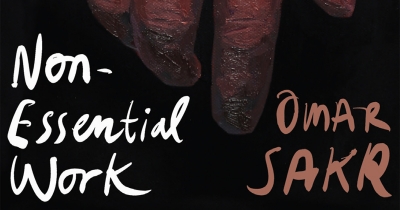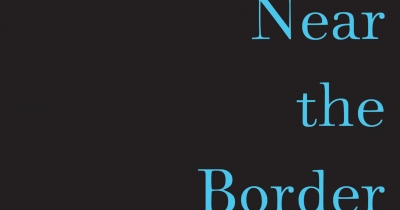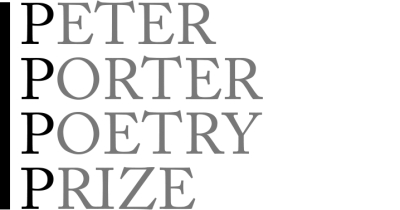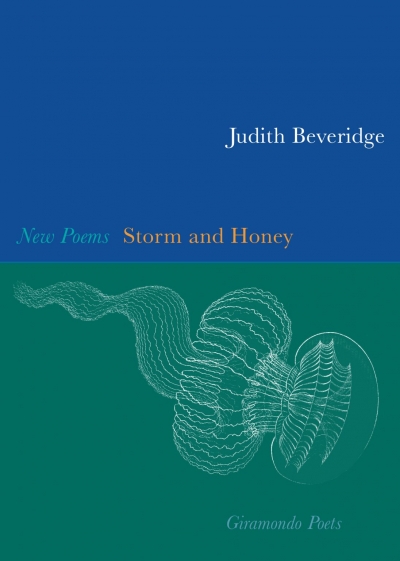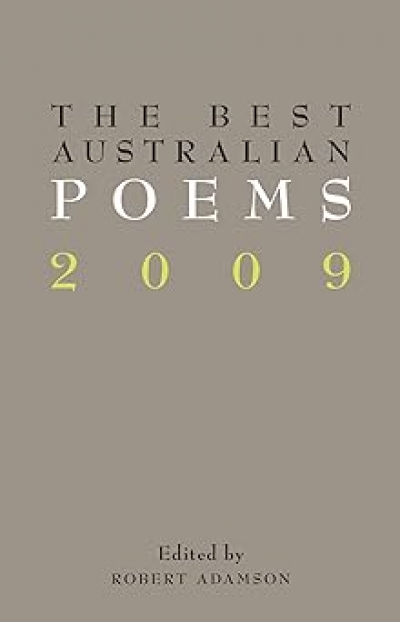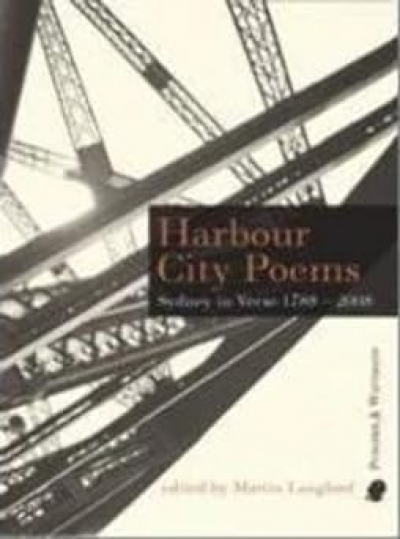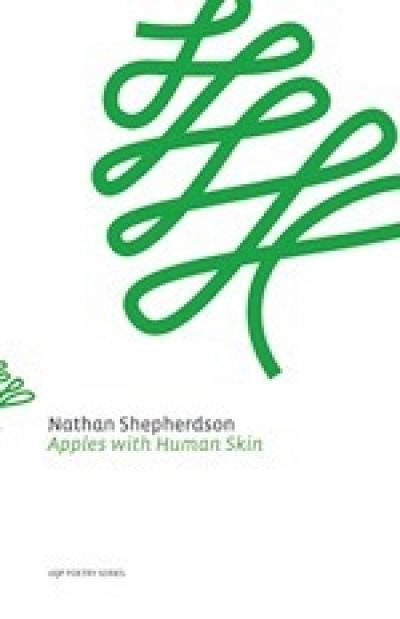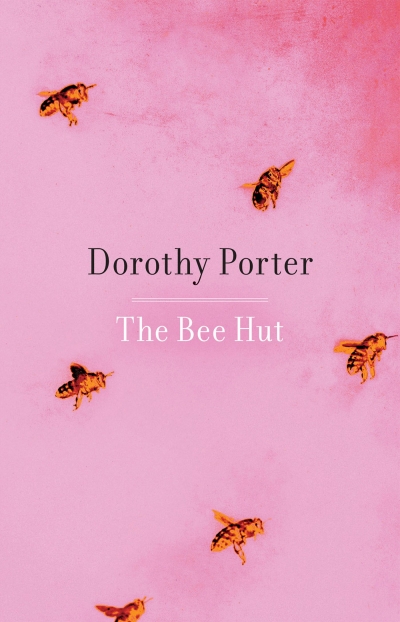Poems
Near the Border: New and selected poems by Andrew Sant
by Geoff Page •
Read the five shortlisted poems for ABR's 2024 Peter Porter Poetry Prize.
... (read more)Waiting for the Owl: Poems and songs from ancient China by Ian Johnston (transl.)
by Barry Hill •
The Best Australian Poems 2009 edited by Robert Adamson
by Gregory Kratzmann •
Harbour City Poems: Sydney in Verse 1788–2008 edited by Martin Langford
by Gregory Kratzmann •

